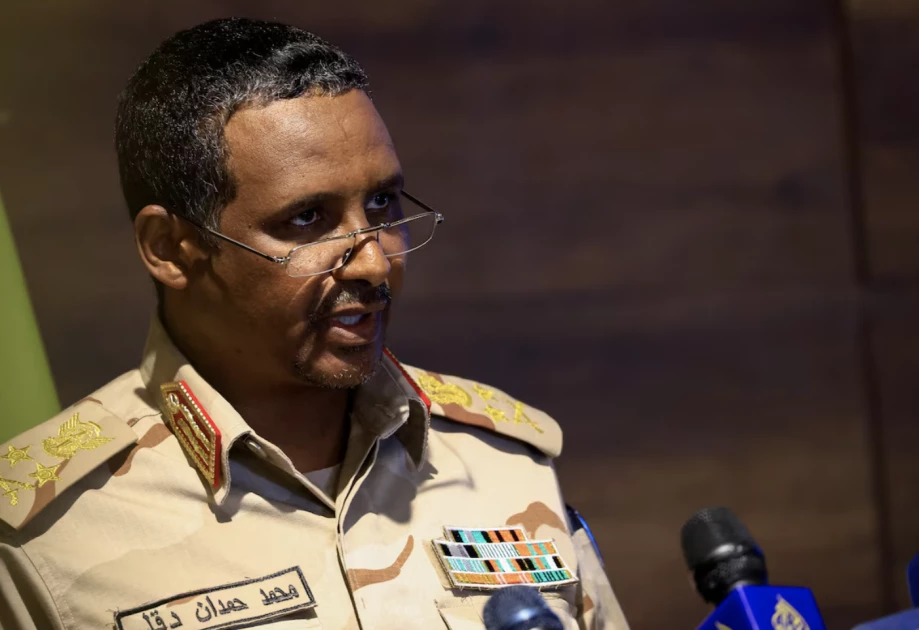Sudan’s political crisis deepened this week after Mohamed Hamdan Dagalo, widely known as Hemedti, was sworn in as head of a parallel government established by the paramilitary Rapid Support Forces (RSF). The ceremony, reportedly held in the Darfur city of Nyala, signals a decisive move towards de facto partition of the war-torn country.
Hemedti, who has rarely been seen inside Sudan since the outbreak of war with the national army 28 months ago, now presides over an RSF-controlled administration that includes a prime minister and a presidential council. Nyala, one of Sudan’s largest cities, has effectively served as the RSF’s base of operations, though the army has disputed the legitimacy of the rival authority.
While the RSF maintains control over most of Darfur, it has been locked in fierce battles with the Sudanese army over al-Fashir, the region’s historic capital. The fighting has trapped hundreds of thousands of civilians, many of whom have been besieged for more than 500 days. Conditions have deteriorated so severely that families have resorted to consuming animal feed to survive.
The humanitarian toll has been catastrophic. UNICEF reported earlier this week that more than 1,000 children have been killed or maimed by airstrikes, artillery fire, and ground assaults. Meanwhile, the Yale Humanitarian Lab said satellite imagery shows RSF forces have constructed barriers to block civilians from leaving al-Fashir, contradicting RSF claims that people were free to flee. Survivors who managed to escape have recounted stories of violence and looting by RSF fighters.
On the other side of the country, the Sudanese army has regained control of central and eastern regions and recently convened its first cabinet meeting since the war began. The vast Kordofan region remains a contested battleground, with reports of continuing village raids and attacks.
The prolonged conflict has plunged half of Sudan’s population into hunger, crippled its already fragile economy, and created what aid agencies describe as the world’s worst humanitarian crisis. While the international community including the Trump administration has expressed intent to mediate, concrete progress toward peace remains elusive as rival governments entrench their power.

